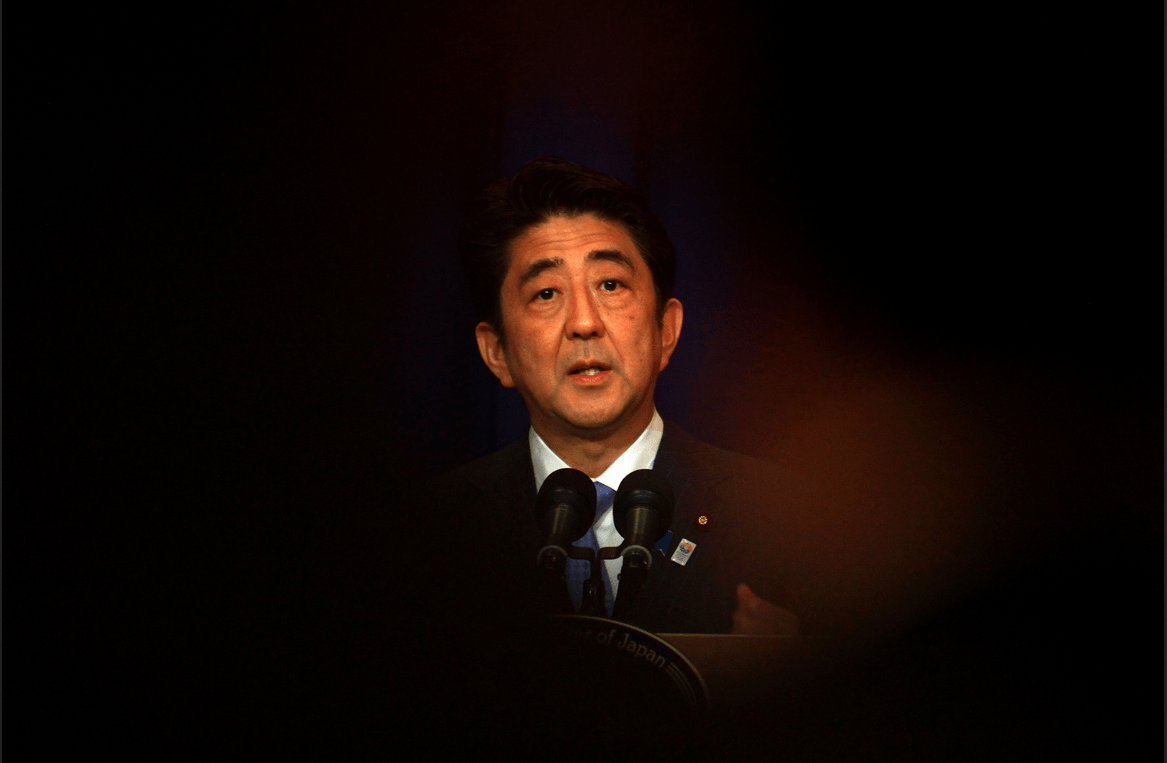Former Japanese Prime Minister Shinzo Abe was murdered after being shot on the streets of Nara , Japan, on Friday . An shocking act of violence in a country with among the world’s lowest levels of gun crime.
Here’s what we know now:
The shooting: Abe was shot in the neighborhood of Nara, east of Osaka, at about 11:30 a.m. local time as he addressed a crowd at a political rally. He sustained a gunshot wound to the right side of his neck, as explained to the University of Tokyo. He was taken to the hospital first by ambulance, then by medical helicopter.
Rushed to hospital: Abe arrived at Nara Medical University Hospital in a state of cardiac arrest at 12:20 local time, according to doctors. In a news conference several hours later, Prime Minister Fumio Kishida confirmed that Abe was in critical condition and undergoing emergency treatment. Abe’s brother, also the country’s Defense Minister, said he was receiving a blood transfusion.
Confirmed dead: Abe was pronounced dead at 5 p.m. local time, according to the head of Nara Medical University. At a news conference at the hospital, doctors said the former leader died from excessive bleeding and the fatal shot that had pierced his heart had reached his heart.
The suspect: According to NHK, police arrested Tetsuya Yamagami, a Nara resident in his 40s, in relation to the shooting. The man did not try to run away, and is being held for questioning at Nara Nishi police station. It appears that he used a handmade gun in the attack. Video footage of the incident shows security personnel wrestling him to the ground close to where Abe had been standing moments after shots were heard.
International outcry: Apocalyptic messages from world leaders, past and present, have flooded in, condemning the shooting. They include European figures such as the leaders of France, the United Kingdom and Italy; Asia-Pacific figures like the heads of China, India, Singapore, Taiwan, New Zealand and Australia; and other leaders of nonprofits and international organizations.








